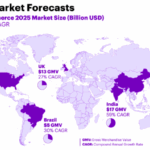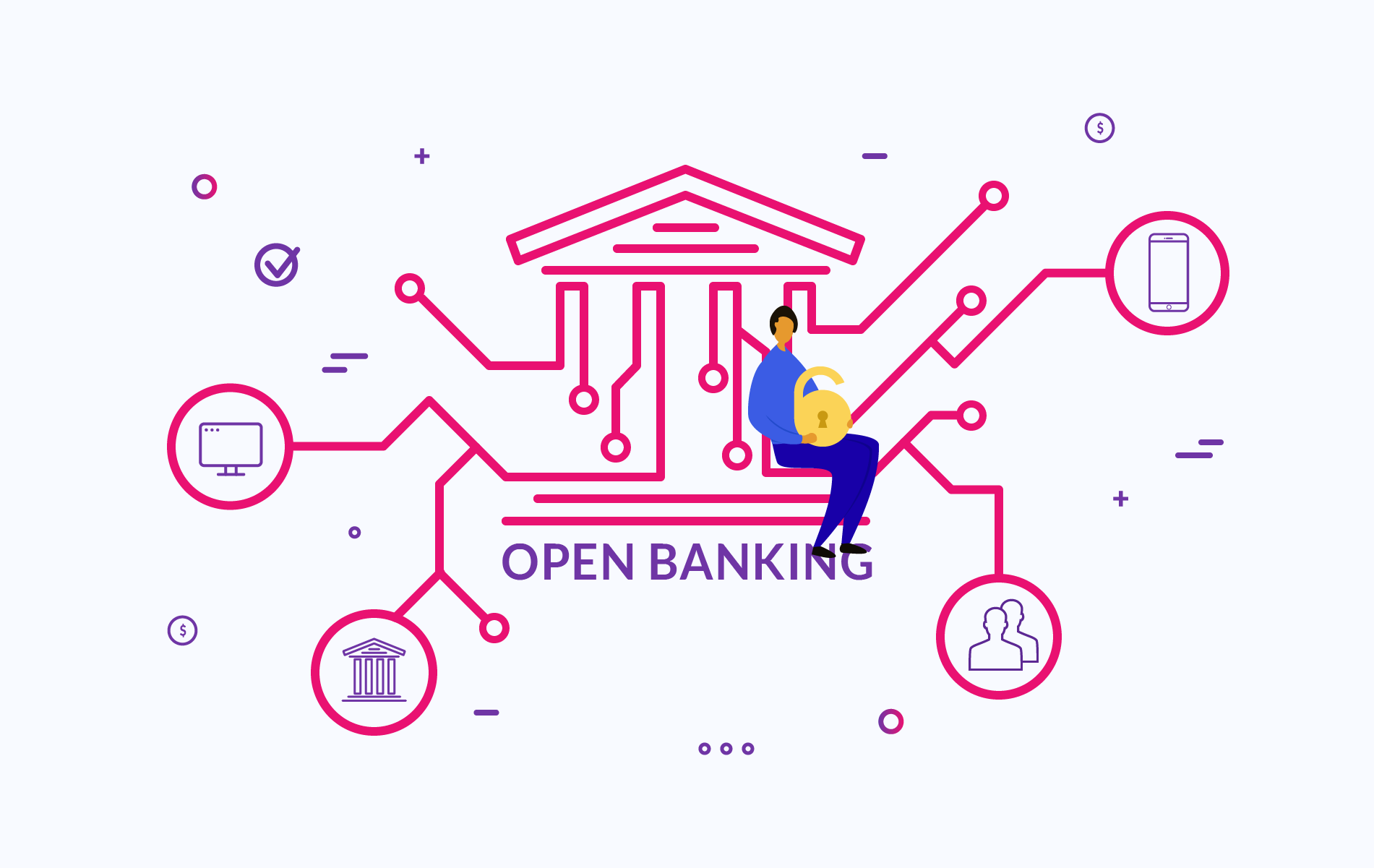The global financial landscape is undergoing a remarkable transformation, and one of the key drivers of this revolution is open banking. Open banking, a concept that allows customers to securely share their financial data with authorized third-party providers, is projected to experience an extraordinary growth rate of 470% over the next four years. This exponential surge is of immense significance for the world of e-commerce, as it holds the potential to revolutionize cross-border sales and redefine the way businesses operate in the digital realm.
Europe Leads the Open Banking Revolution: Europe has emerged as a frontrunner in the open banking revolution, spearheading the adoption of innovative financial technologies and regulatory frameworks. The implementation of the Revised Payment Services Directive (PSD2) in 2018 served as a turning point, mandating banks to provide access to customer data for licensed third-party providers. This proactive approach has not only unleashed a wave of competition and improved customer experiences but has also created a fertile ground for e-commerce businesses to flourish on an international scale.
At the heart of open banking lies the ability to unlock the power of data, and for e-commerce businesses, this translates into unprecedented opportunities. By leveraging open banking, businesses can access a wealth of customer insights, allowing for personalized and tailored experiences. The seamless integration of open banking APIs enables businesses to offer enhanced payment options, optimize transaction processes, and provide a more secure and convenient shopping experience to customers worldwide.
The rise of open banking fosters a culture of collaboration and innovation in the e-commerce ecosystem. Traditional financial institutions are embracing open APIs and partnering with fintech companies to develop groundbreaking solutions. This collaborative approach not only enables businesses to tap into a wider range of financial services but also opens doors to innovative business models, cross-industry collaborations, and enhanced customer engagement. The convergence of e-commerce and open banking presents a unique opportunity for businesses to create seamless, end-to-end experiences for their customers.
As open banking gains momentum, ensuring the security and trust of customer data becomes paramount. Stringent regulations, such as the General Data Protection Regulation (GDPR) in Europe, set the bar high for data protection and privacy. Open banking platforms employ robust security measures, advanced authentication protocols, and encryption techniques to safeguard sensitive financial information. This commitment to data security fosters trust among customers, further fueling the growth of e-commerce businesses in the open banking era.
The Future of E-commerce and Open Banking: The potential of open banking in the realm of e-commerce is vast and transformative. As Europe continues to drive the open banking revolution, businesses around the world are recognizing the significance and exploring similar initiatives. The marriage of e-commerce and open banking opens up a world of possibilities, from streamlining cross-border transactions and reducing friction in international trade to enabling seamless payment experiences and empowering businesses to expand their global reach.
At DMSMatrix, we understand the pivotal role that open banking plays in shaping the future of e-commerce. Our comprehensive solutions and expertise empower businesses to navigate this evolving landscape, seize the opportunities presented by open banking, and drive growth in the global marketplace. By embracing open banking, e-commerce businesses can unlock new dimensions of success and thrive in the digital economy.
Stay connected with us for more updates and insights as we continue to champion the potential of open banking for e-commerce.
For more information on our solutions and how we can support your e-commerce journey in the open banking era, visit our website at www.dmsmatrix.com










